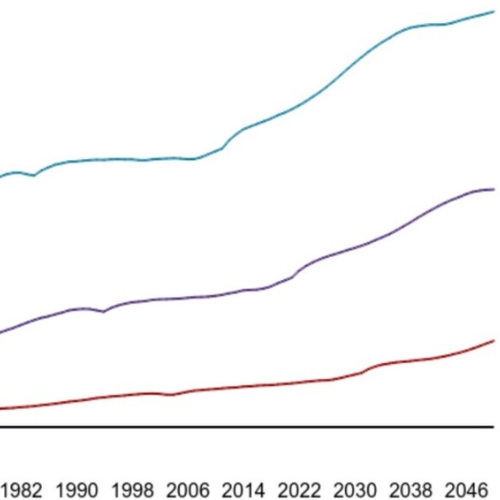Key points from article :
As the U.S. population ages, with projections indicating that by 2050 one in five Americans will be 65 or older, discussions about extending human life spans have gained prominence. Advancements in medical science suggest the potential to slow or even reverse ageing, possibly enabling humans to live healthily beyond 120 years. However, a Pew Research Center survey reveals that many Americans are skeptical about such radical life extension.
The survey indicates that 56% of U.S. adults would decline treatments designed to extend life to 120 years or more, though 68% believe others would opt for them. Concerns include potential strains on natural resources and unequal access to treatments, favouring the wealthy. Despite these reservations, 63% view medical advances that prolong life as generally positive, appreciating the benefits of longer, better-quality lives.
Interestingly, while the idea of living past 100 garners limited personal interest, the ageing population itself isn't widely viewed negatively. Approximately 41% of respondents see an increase in the elderly population as beneficial, and 47% feel it makes little difference. The median ideal life span expressed is 90 years, surpassing the current average U.S. life expectancy of 78.7 years.
These findings highlight the complex attitudes Americans hold toward ageing and medical advancements. While there's optimism about scientific progress and its potential to enhance quality of life, the concept of significantly extending life spans elicits caution, reflecting concerns about societal and ethical implications.





